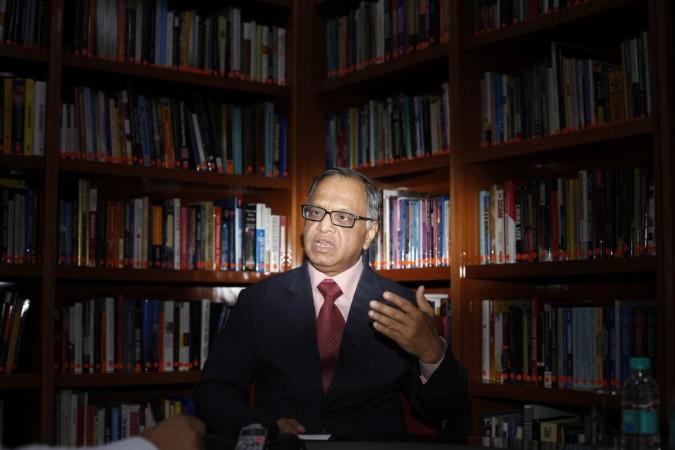As Indian IT professionals continue to script stories better than Bollywood, the world no longer looks at India as a developing nation alone. Their leadership in this field is a story worthy of respect and adoration.
But this success story is showing signs of derailing from its course. The IT sector is currently witnessing turbulence with the power to cause widespread damage, if course correction is not effected immediately.
In the backdrop of the call for unionization of software employees, it would be prudent to remember that the industry has done well for itself in the last three decades through a robust self-regulation mechanism.
The system can learn and improvise on its process-driven work culture.
Tata Consultancy Service, founded in 1968, to serve the requirements of the Indian conglomerate Tata Sons' subsidiaries and affiliates, is today one of the world's top 10 IT services companies. They are also the second largest listed employer in India, with more than 300,000 employees working for them across the globe.
A move to retrench less than 2% of their employees has seen vehement opposition and a call for immediate unionization of the employees.
The call for unionization will affect TCS insignificantly because the company has historically been seen as a bellwether of employee benefits. And it also needs to be understood that many other Tata organisations have a strong trade union histroy, so the move is unlikely to affect TCS as much as the industry itself.
Wealth Creation & Distribution
The IT industry's greatest contribution to India lies in wealth creation, and more importantly, in its distribution. The sector singlehandedly changed the fortunes of all its stakeholders - the management, employees and its share holders.

It fostered the idea of an Employee Share Holding Program (ESOP) in a country where employees have never before had the taste of such a mechanism of shared ownership. In the process it created millionaires who had the willingness and courage to invest heavily in what they believed in, including venture capitalism and philanthropy.
The confidence lent by the IT industry allowed Indians to dream of emulating their on-screen heroes and at times, become heroes for their own brethren.
IT industry created 'hope.'
Bill Gates and Steve Jobs are still more famous in India than India's own tycoons.
Trade Union Movement and the IT Industry
In its own way, trade unions helped create the platform for this resurgence. Trade unions brought in wage parity for its members in the respective industries in the past.
Trade unionism has seen militant activity and peaceful resolutions and served its purpose well.
However, the question that needs to be answered today is how much relevance do trade unions hold in the IT industry today. The move to unionize affects not the bigger organisations, but the smaller ones.
Entrepreneurial Spirit
India's success story is not limited to TCS, Infosys and Wipro, but to the millions of organisations which operate on a smaller scale, made possible only by their ability to recruit and retrench on a per project basis. Smaller organisations cannot match up to the political might that comes as part of the trade union package.

Trade unionism threatens the very spirit of entrepreneurism, and by extension stagnates wealth creation.
Retaining Relevance
Neither the IT industry nor trade unionism promises job guarantee for the rest of one's life. Nor does any other industry. As it is with every entity, survival of the company and the employee rests on their ability to remain competitive and relevant.
The call for IT unionization misses this point.
If we do go ahead with the unionization, we will no longer create wealth and distribute it. The creation and the distribution is bound to stagnate, and worse, lead to the loss of rhw competitive edge Indians hold over the rest of the world.
Human Capital Movement
The twenty first century is resolutely based on the principle of human capital being able to move freely, unrestrained by limitations of country and corporations. The movement of human capital is fundamental to the knowledge economy realizing its true potential.
The way ahead is not with unionizing IT staff, but for them to seek answers, about their personal relevance to the challenges faced by the industry.
Indian IT employees will face more headwinds in the years to come. No longer will India be the preferred destination for low-priced IT projects. The lowest common differentiator of writing/managing codes will gradually become irrelevant.
Leadership, domain experience and empirical knowledge are the differentiators for those who have been with the system for a few years. Learning to live and adapt to the changing forces of the evolution.
India's IT staff and the trade unions will agree on one thing – stay relevant.















